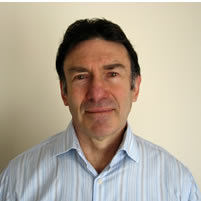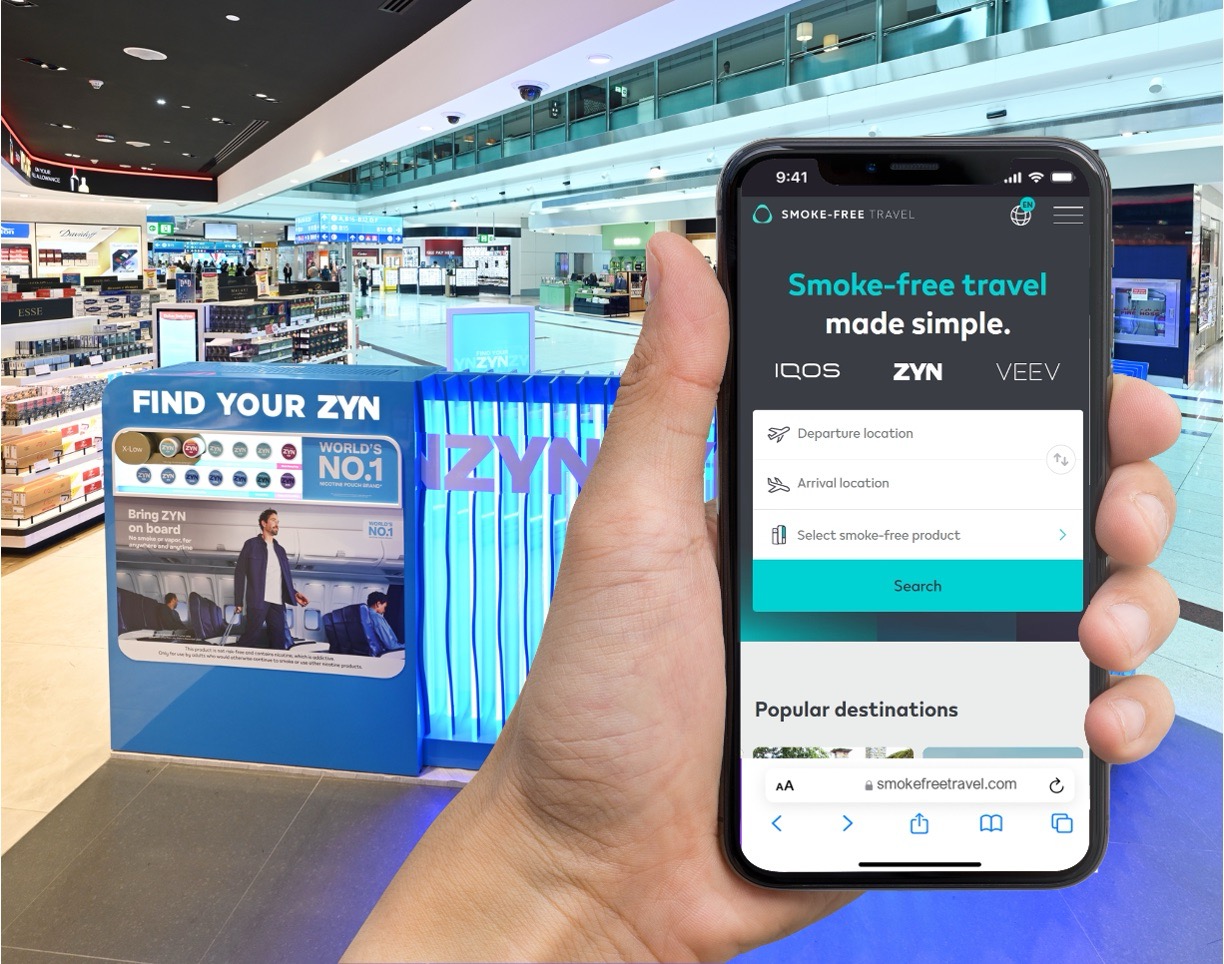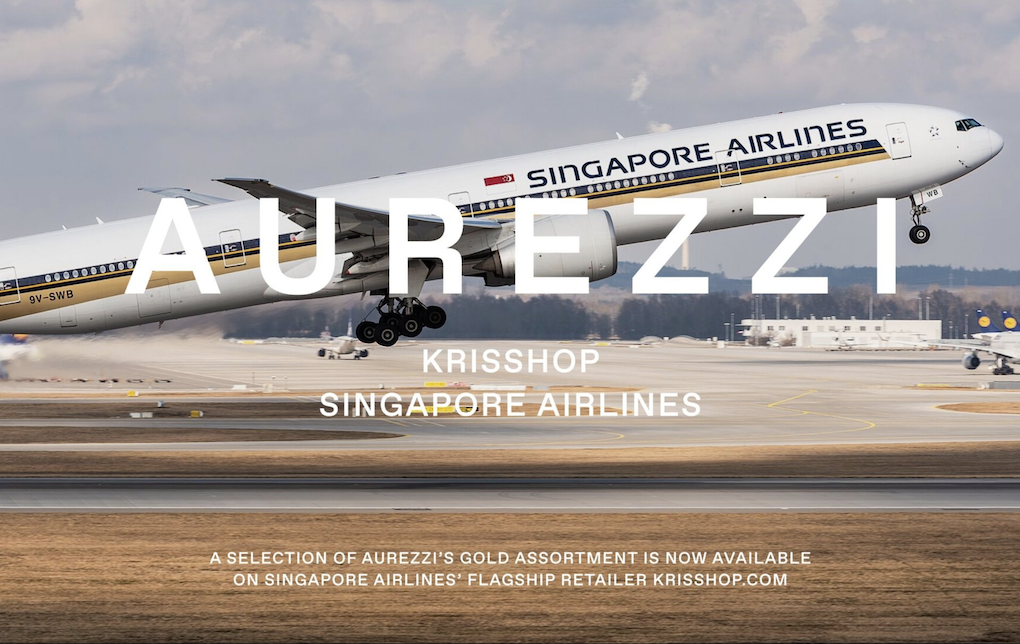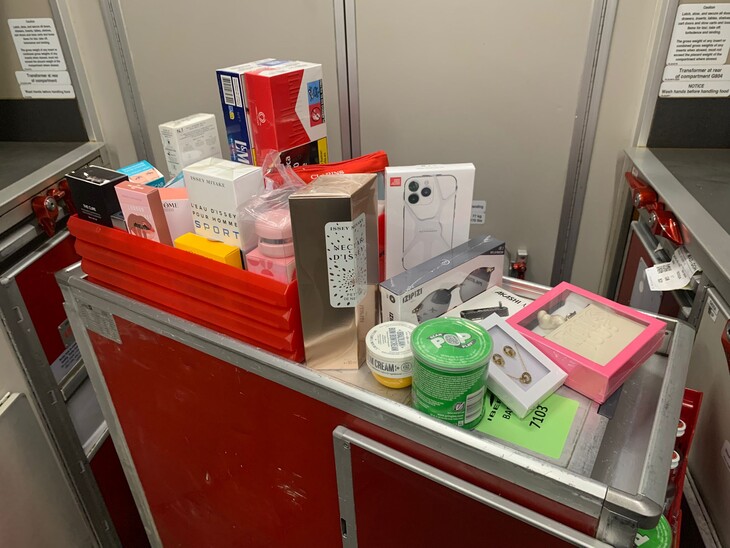 |
Farrol Kahn: Healthier flying and greater sales can be synonymous |
INTERNATIONAL. Farrol Kahn heads Aviation Health (www.aviation-health.com), a non-profit enterprise geared to promoting healthy flying. In this article he argues that airports and concessionaires can show they care about their passengers and grow revenues in the process.
In this, my first column, I will show you how the apparently irreconcilable elements of well-being and commercial interests are compatible and can increase revenues as well as project a caring image for the “˜Trinity’ – airports, concessionaires and brands.
A tall order? No, it is based on facts.
I made my debut in the industry as an author of The Curse of Icarus, a book on the health factor in air travel which was reviewed by The Times “as a controversial health warning to the globe-trotting set”.
But soon, like the mythical figure, I came crashing down when an airline pilot said, “It is a waste of time, airlines won’t do anything about it” and when he saw my puzzled expression added, “They will only do something when they are sued”.
Sure enough, successful lawsuits followed and one led to the introduction of defibrillators, a piece of equipment used to resuscitate passengers who have heart attacks inflight. Others like the unsuccessful DVT class actions resulted in airlines providing health sections on their websites. But the subject is not on their bottom line because air law has no requirement for health, only for safety.
The airports are in a similar situation. According to Clause 8 of the ACI Policy handbook, governments are responsible for passenger health and airports have to provide emergency medical services.
So when I mooted the idea of healthy flying to airports as head of Aviation Health (AH), a non-profit company, the only way forward was to appeal to their altruistic motives. Two airports came through, Heathrow and Birmingham, and provided free space for exhibition stands. This was a good start and information on a range of subjects like jetlag, fear of flying, ear problems, dehydration, DVT and airsickness was distributed.
The public responded well and soon the proposition became commercial. The AH joined Alpha Retail in a campaign, “˜Helping you Fly Healthy’ which featured Vittel water. We also worked with SSP in Arrive in Better Shape to promote healthy food in 22 of the food & beverage company’s UK outlets.
The breakthrough came with a brand which did not fit into traditional categories and neither had been marketed at airports. Scholl compression hose, previously only sold in hospitals was launched and the sales went from zero to £10 million a year. A mystery? No, you will see why later.
Copenhagen was the first airport to put wellbeing on the map when it bought into AH’s concept of healthy flying. The marketing department was quick to grasp that the problems of air travel could be solved through the purchase of products and F&B during dwell time.
 |
At their three-week event they found, according to Mette Rossau, Marketing Coordinator, “that Healthy Flying is a hot topic, and since more and more passengers are flying long distances, they are interested in how to arrive in better shape.”
This was reflected in positive media coverage which projected Copenhagen as a caring airport and resulted in increased sales.
A brand which has picked up on the need for making the journey more pleasant is the leading cosmetics house L’Oréal Produits de Luxe International, through its project “˜Happy Boarding’. “Ultimately, passenger satisfaction may lead to commercial relationship,” said Vincent Boinay, Managing Director Travel Retail Worldwide.
The Nuance Group is bullish about the proposition. “In terms of retailing, we should be obsessed by the customer,” said Europe CEO Jean-Paul Bonnel. “Not only about selling, it is service, comfort and in this case, health.”
In Europe, there are trends in this direction. At the biggest travel and tourism exhibition in Germany recently, there was a special section for wellness and companies without these facilities were considered to be less competitive.
“We already reflect wellbeing in our brand,” said Nadine Heubel, Hugo Boss’s Head of Retail Travel, “through our high quality natural fabrics and comfortable dress. I think a healthy flying lifestyle is a brilliant idea and can only increase.”
What are the lessons learnt so far? There is another route for in-store merchandising – through wellbeing. It is a clever way because these products are going to improve the travel experience and enhance passengers’ health (a reason that accounted for the high volumes of flight socks.)
The responsibility for commercialising the idea lies with the airport, according to Copenhagen Airport’s Retail Manager, Kenneth Guldbjerg. Both the travel retailers and brands have an important role to play as the success of the concept of healthy flying will depend on their involvement and enthusiasm and in the case of the latter, there is the opportunity of developing air travel-specific products.
Contact Details
Farrol Kahn
Director
Aviation Health
OXFORD
OX4 3LX
E-mail: fkahn@aviation-health.org
Website: www.aviation-health.com
Tel: +44 1865 715999
Fax: +44 1865 715899
ABOUT AVIATION HEALTH
Aviation Health was founded in 1996 by Farrol Kahn at the suggestion of Professor Sir David Weatherall, Regius Professor of Medicine, University of Oxford.
It is the world’s first independent non-profit body dealing with aviation health issues. It has three aims, research, education and prevention.
Farrol Kahn is a medical author who has written the following books on aviation medicine and health:
The Curse of Icarus
Airwise – The Essential Guide for Frequent Flyers
When Flying Endangers your Health
Arrive in Better Shape – US Edition
Arrive in Better Shape – UK Edition




